Sanya By Oyin Olugbile Clinches NLNG 2025 The Nigeria Prize For Literature
…New Prize category on Creative Arts introduced
By Winifred Bosa
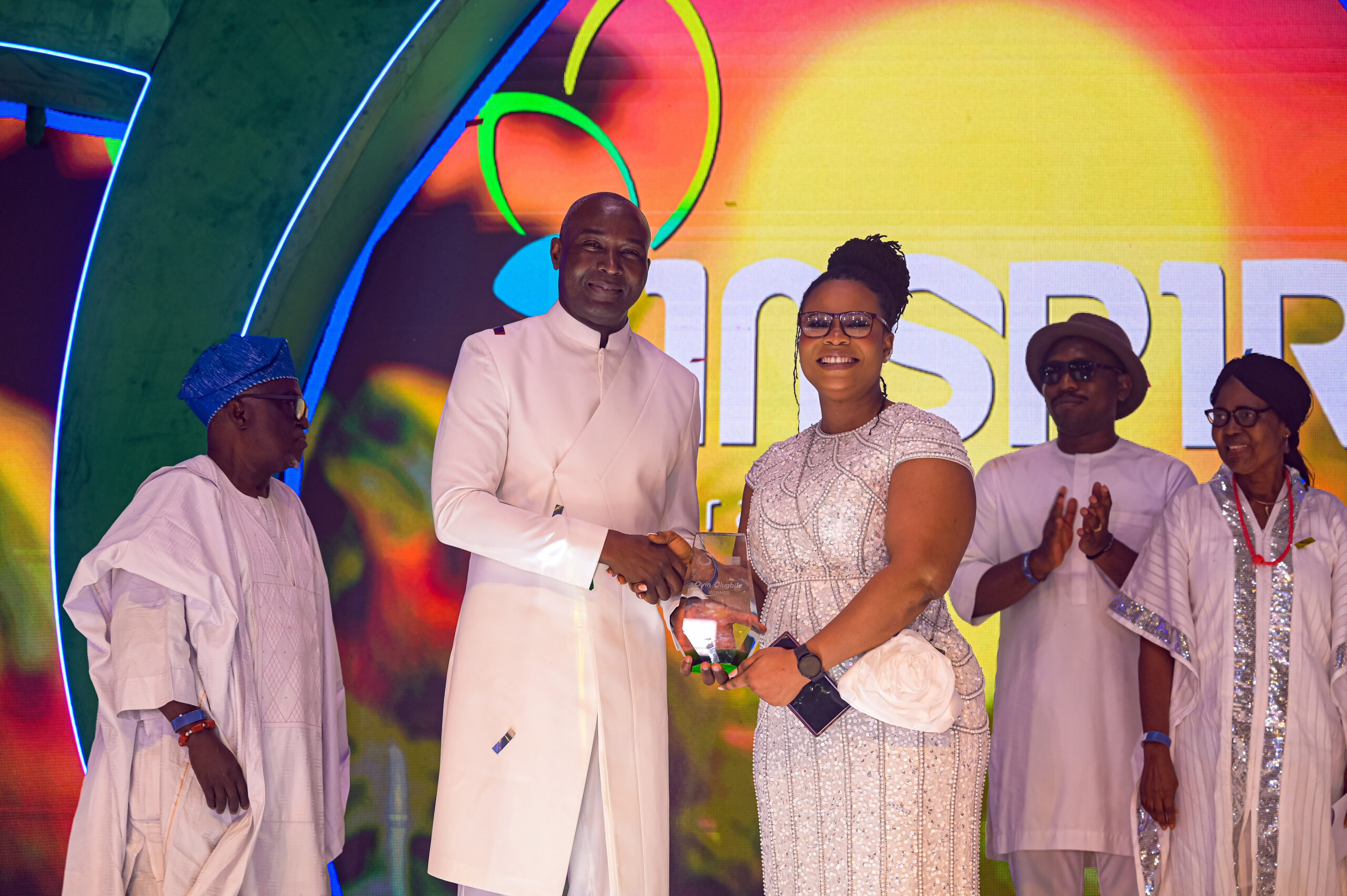
Sanya by Oyin Olugbile has emerged winner of the 2025 edition of The Nigeria Prize for Literature, clinching one of Africa’s most prestigious literary honour valued at $100,000.
The announcement was made on Friday, 10th October 2025 at the Nigeria LNG Limited (NLNG) Grand Award Night in Lagos by the Chairman of the Advisory Board for the Prize, Professor Akachi Adimora-Ezeigbo, who revealed the winner out of 252 novels submitted for the NLNG-sponsored Prize.
According to Professor Akachi Adimora-Ezeigbo, Olugbile’s mythology retelling approach was distinct and daring for casting Sango as a female and for the projection of Yoruba mythology through a story that captivates and meanders into a fantastical world. She stated that Olugbile achieved this through lucid and straightforward language, making for easy reading.
“We were impressed by the quality of the shortlisted books written by three writers with diverse backgrounds and experiences. The books, Sanya by Oyin Olugbile; The Road to the Country by Chigozie Obioma, both published by Masobe Books; and This Motherless Land by Nikki May, published by Narrative Landscape, indicate an improvement in the quality of local publishing.
“After much careful assessments and deliberations, we concluded that very little separates the novels and each is a potential winner of the award. However, Oyin Olugbile’s Sanya slightly takes the edge and is therefore our pick as the winner of the 2025 The Nigeria Prize for Literature,” she stated.
She further announced Okwudiri Anasiudu as the winning entry for The Nigeria Prize for Literary Criticism. Anasiudu won for his submissions titled Afropolitan Identity and Afrodiasporic Otherness in Selected African Novels; Allegorical Conjectures in Helon Habila’s Measuring Time; and Mimetic designs in Helon Habila’s Oil on Water. The Nigeria Prize for Literary Criticism comes with a $10,000 prize money.
In his opening remarks, Managing Director and Chief Executive Officer of NLNG, Philip Mshelbila, highlighted the enduring influence of literature, describing The Nigeria Prize for Literature as “a reminder of the power of words to shape identity and deepen understanding. Winning the Prize is recognition of scaling the highest heights of literature. All the shortlisted books this evening are works of the highest calibre,” he said.
He also revealed that The Nigeria Prize for Science will be renamed “The Nigeria Prize for Science and Innovation.” He said the new name reflects NLNG’s belief that progress depends as much on creativity and fresh thinking as on technology and infrastructure.
In another revelation, Mshelbila announced that NLNG would be resting The Nigeria Prize for Literary Criticism and introducing a new Prize category “The Nigeria Prize for Creative Arts,” with focus on Documentary Film. He stressed that the new Prize would inspire a new generation of storytellers to inform, challenge, and connect Nigerians more deeply to who they are as a nation and who they can become.
On energy, he stated that, according to the International Energy Agency, Africa requires over $200 billion annually in energy investments to achieve its climate and development goals. He added that Nigeria has the capacity and responsibility to lead this effort. He added that every kilometre of pipeline, every processing plant, and every household gas cylinder represents opportunities.
He stated further that NLNG takes pride in what it produces and enables, adding that “Train 7, now over 80% complete, is a $10 billion demonstration of what happens when policy, planning, investment and execution align. It is proof that investment yields results. A clear example of Nigerian content development at work. And it is a signal that Nigeria can remain competitive in the global LNG market if we stay focused, coordinated and ambitious.”
During his speech, Mshelbila unveiled a new book “Voices of Our Leaders,” a commemorative book on NLNG’s history and progress over three decades. He noted that the book captures the voices of some of those who have guided NLNG’s journey from dream to reality.
The Honourable Minister of Education, Dr Tunji Alausa, in his keynote speech, remarked that while there was much to celebrate, it was equally important to pause and reflect. He noted that The Nigeria Prize for Science, with its theme “Innovations in ICT, Artificial Intelligence (AI), and Digital Technologies for Development,” had not produced a winning work in 2025. He said it was a reminder that without innovation, Nigeria cannot hope to compete in a digital future.
He emphasised that Nigeria must deepen its investment in science, particularly in artificial intelligence and digital technologies, which he described as key to addressing many of the country’s developmental challenges. Concluding his remarks, he called on Nigerians to rededicate themselves to the broader national vision of nurturing both science and art, strengthening education, investing in digital technologies, and powering the engines of sustainable energy.
In September 2025, the Advisory Board of the Nigeria Prize for Science announced a no-winner verdict for the Prize.
Through The Nigeria Prizes, NLNG continues to reaffirm its enduring commitment to inspiring a sustainable future.



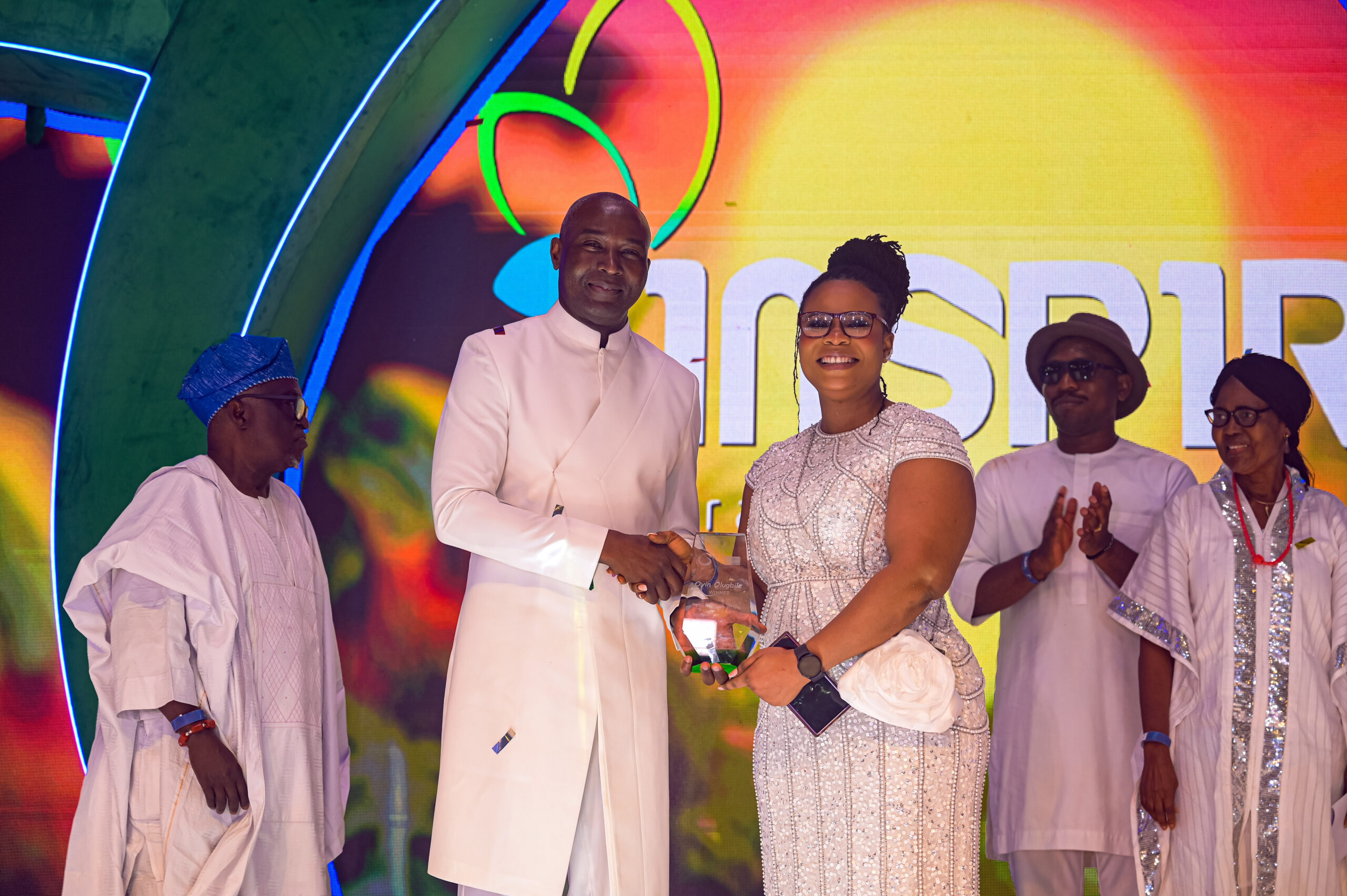
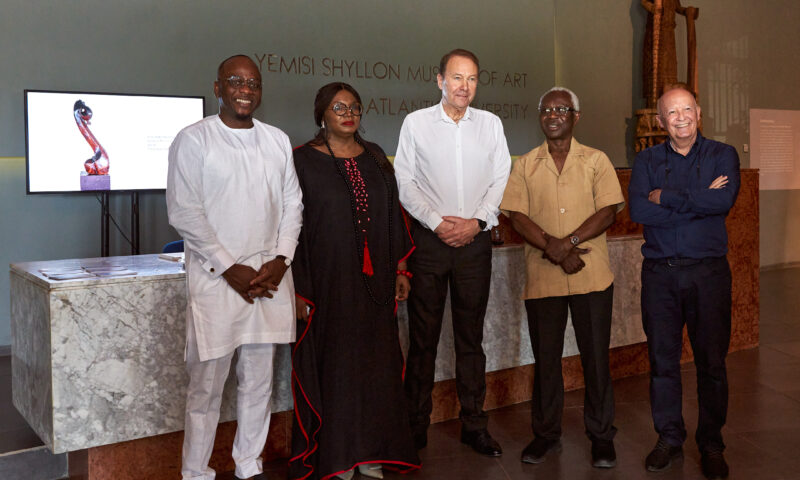
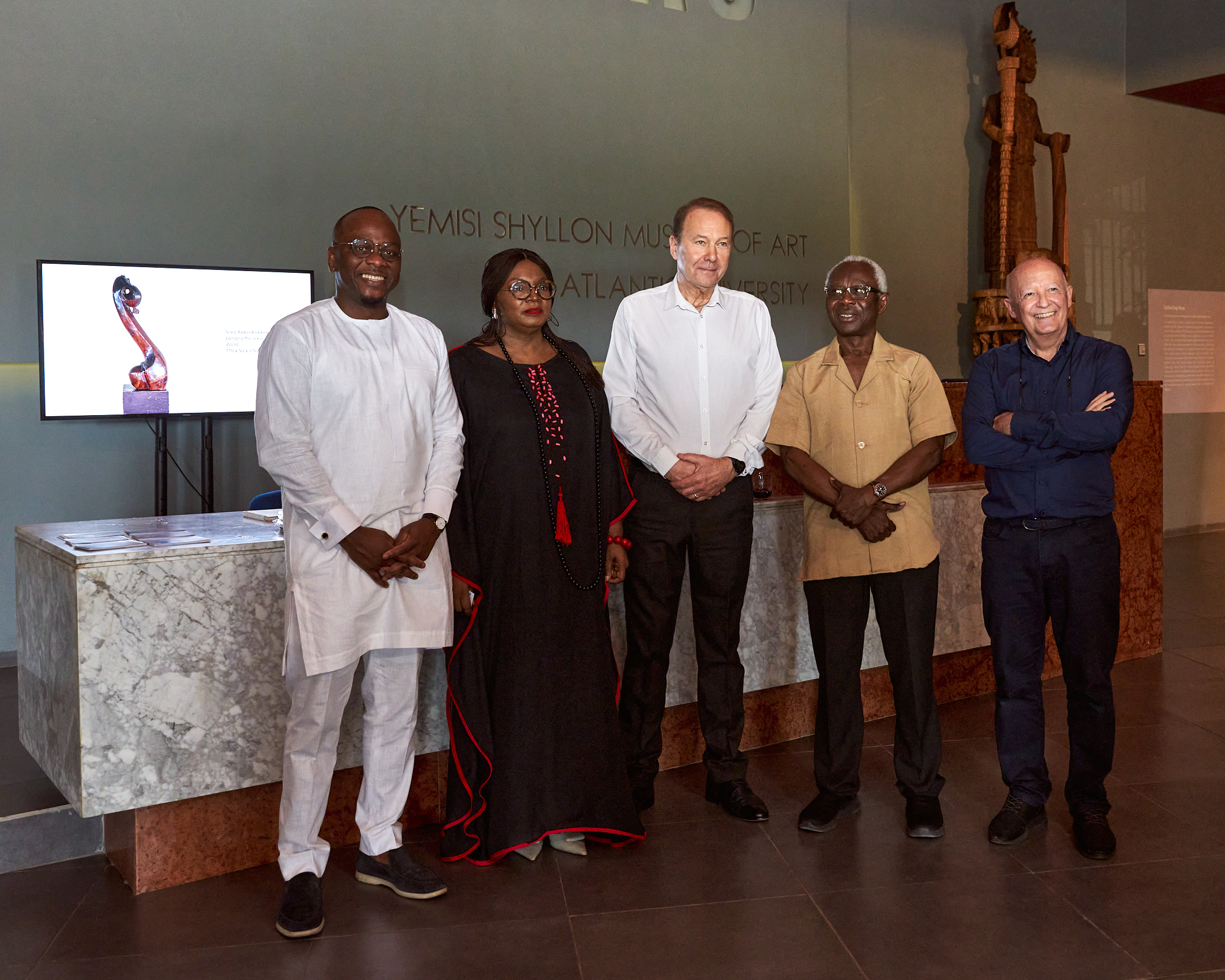
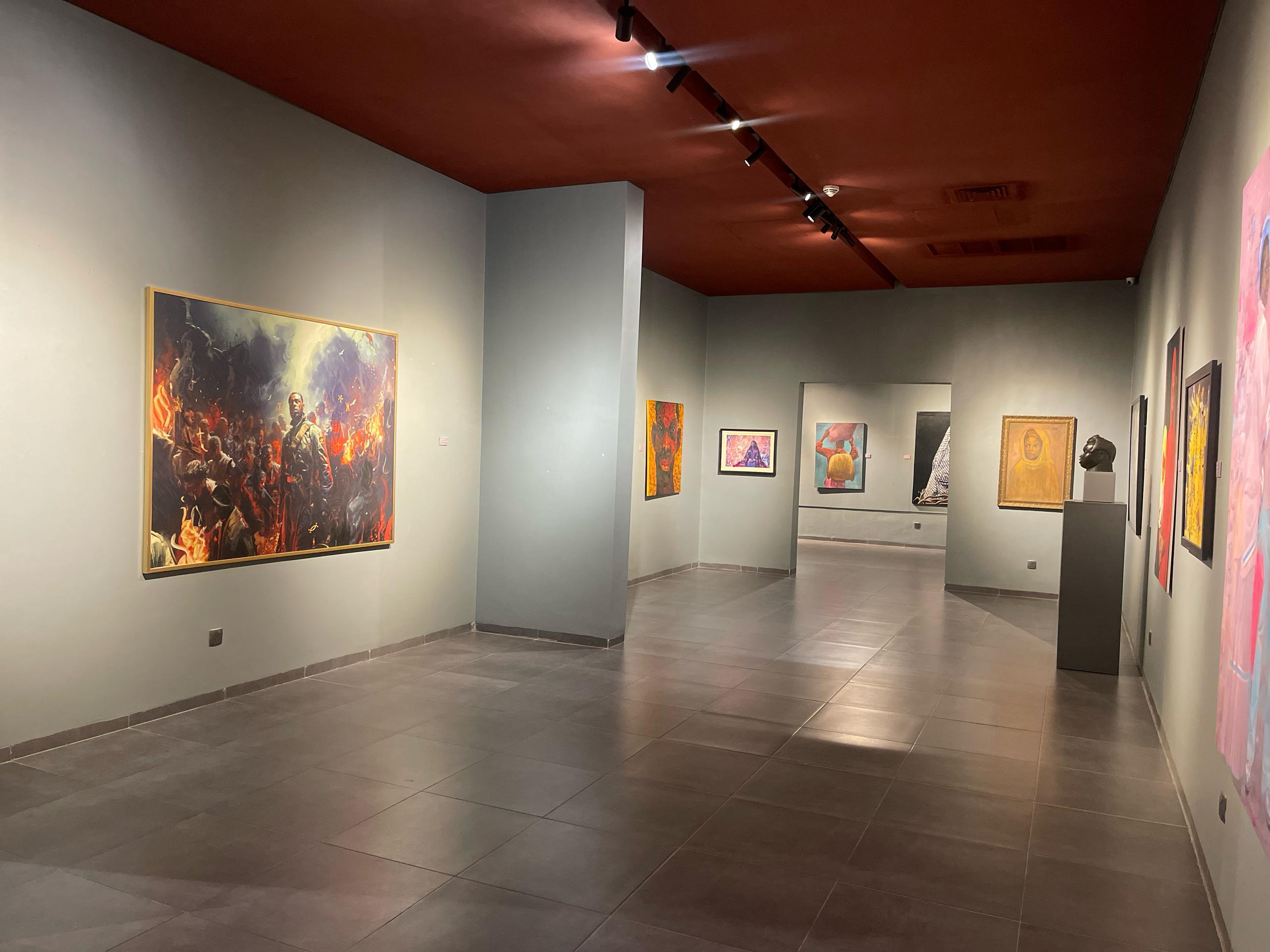
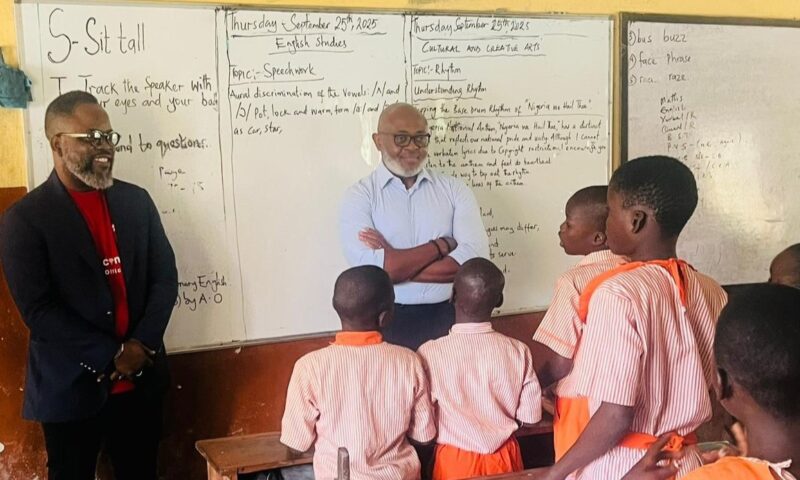
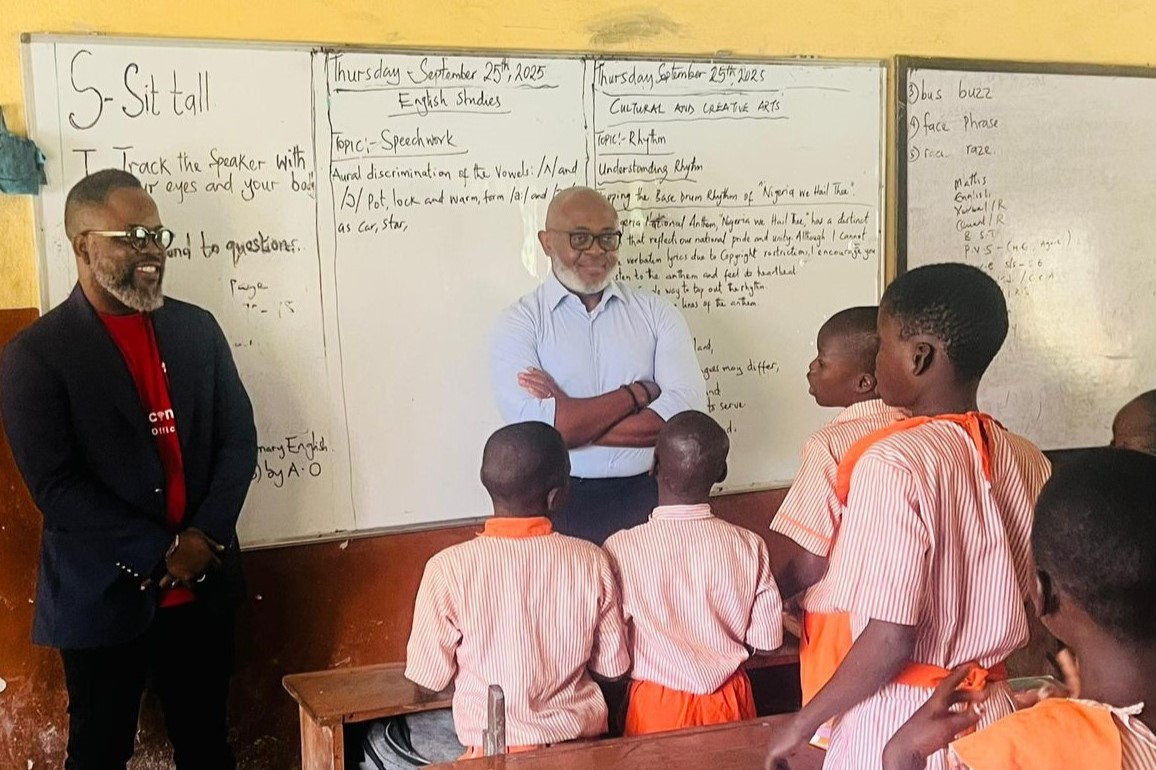 Fourteen years ago, as Head of Corporate Communications & CSR at Airtel Nigeria, my team and I visited the famous Tolu Complex in Ajegunle, Lagos – a cluster of over 20 public schools serving thousands of children in one of Nigeria’s most underserved communities.
Fourteen years ago, as Head of Corporate Communications & CSR at Airtel Nigeria, my team and I visited the famous Tolu Complex in Ajegunle, Lagos – a cluster of over 20 public schools serving thousands of children in one of Nigeria’s most underserved communities.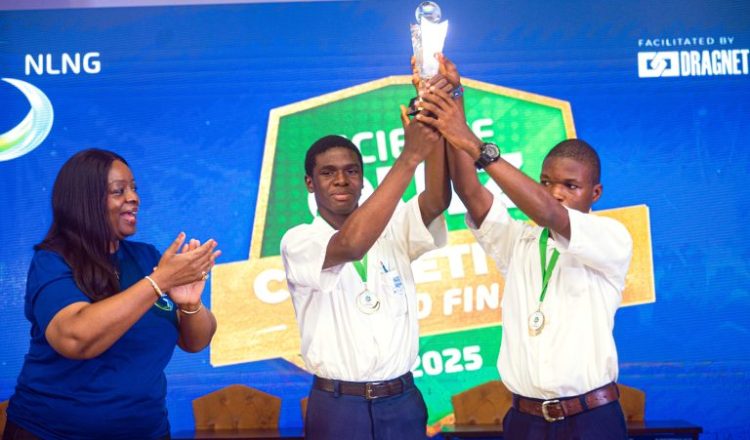
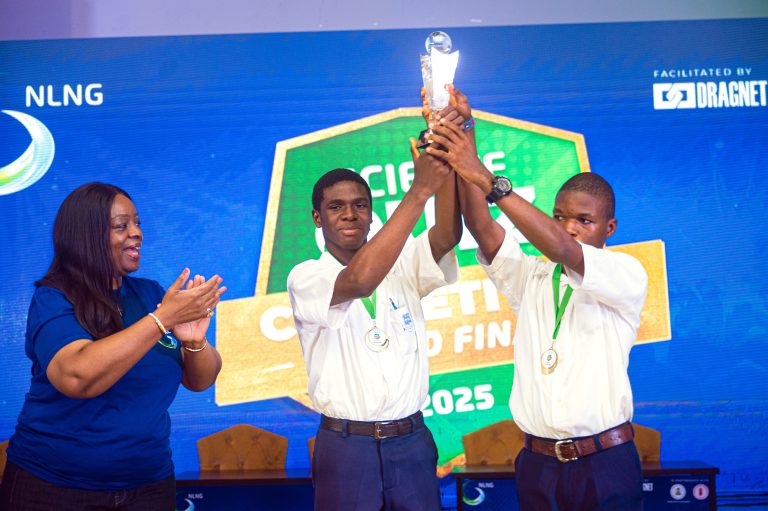
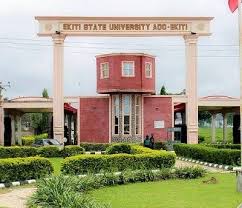

 The Joint Admissions and Matriculation Board (JAMB) has admitted errors in the results of some candidates who took the 2025 Unified Tertiary Matriculation Examinations (UTME).
The Joint Admissions and Matriculation Board (JAMB) has admitted errors in the results of some candidates who took the 2025 Unified Tertiary Matriculation Examinations (UTME).